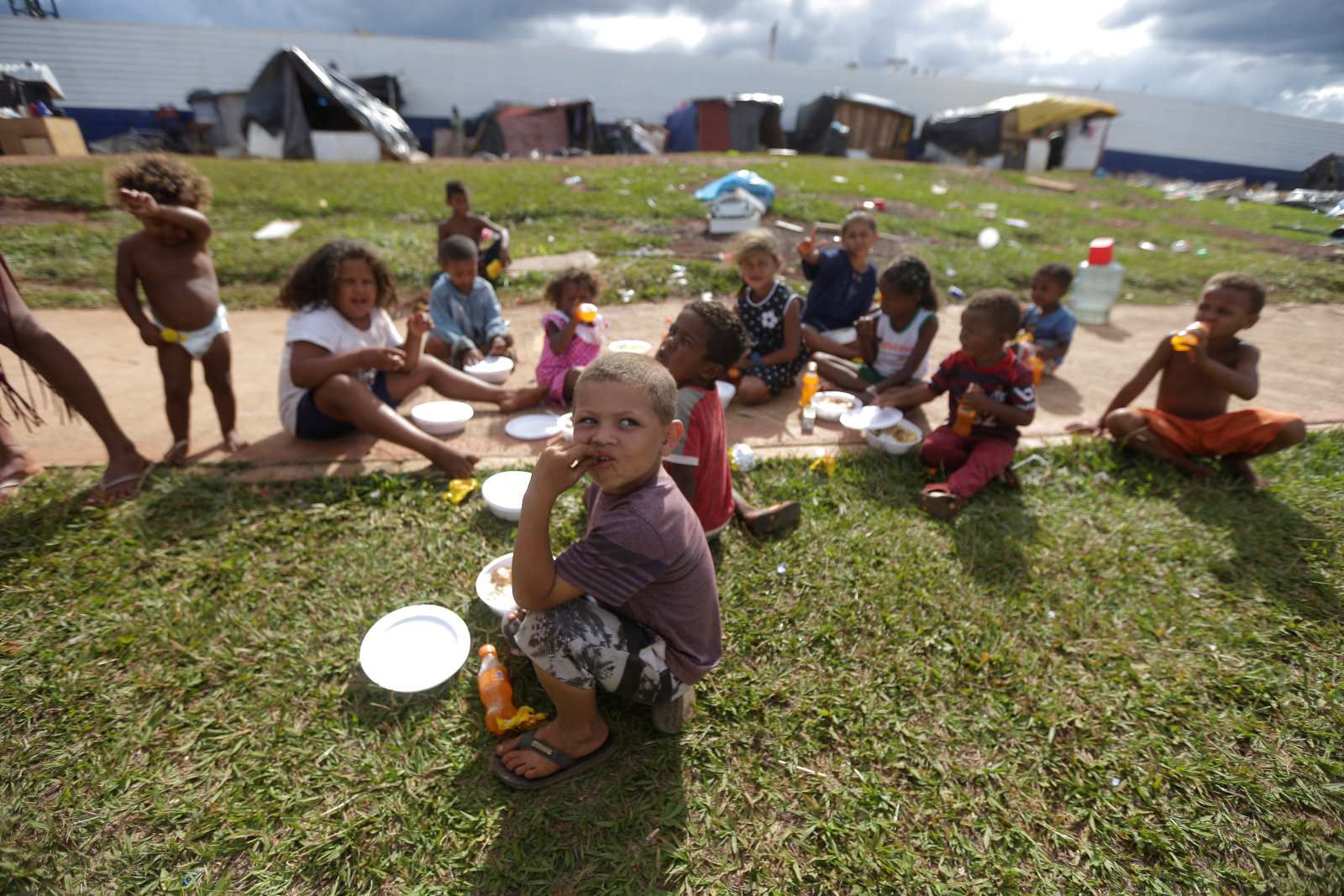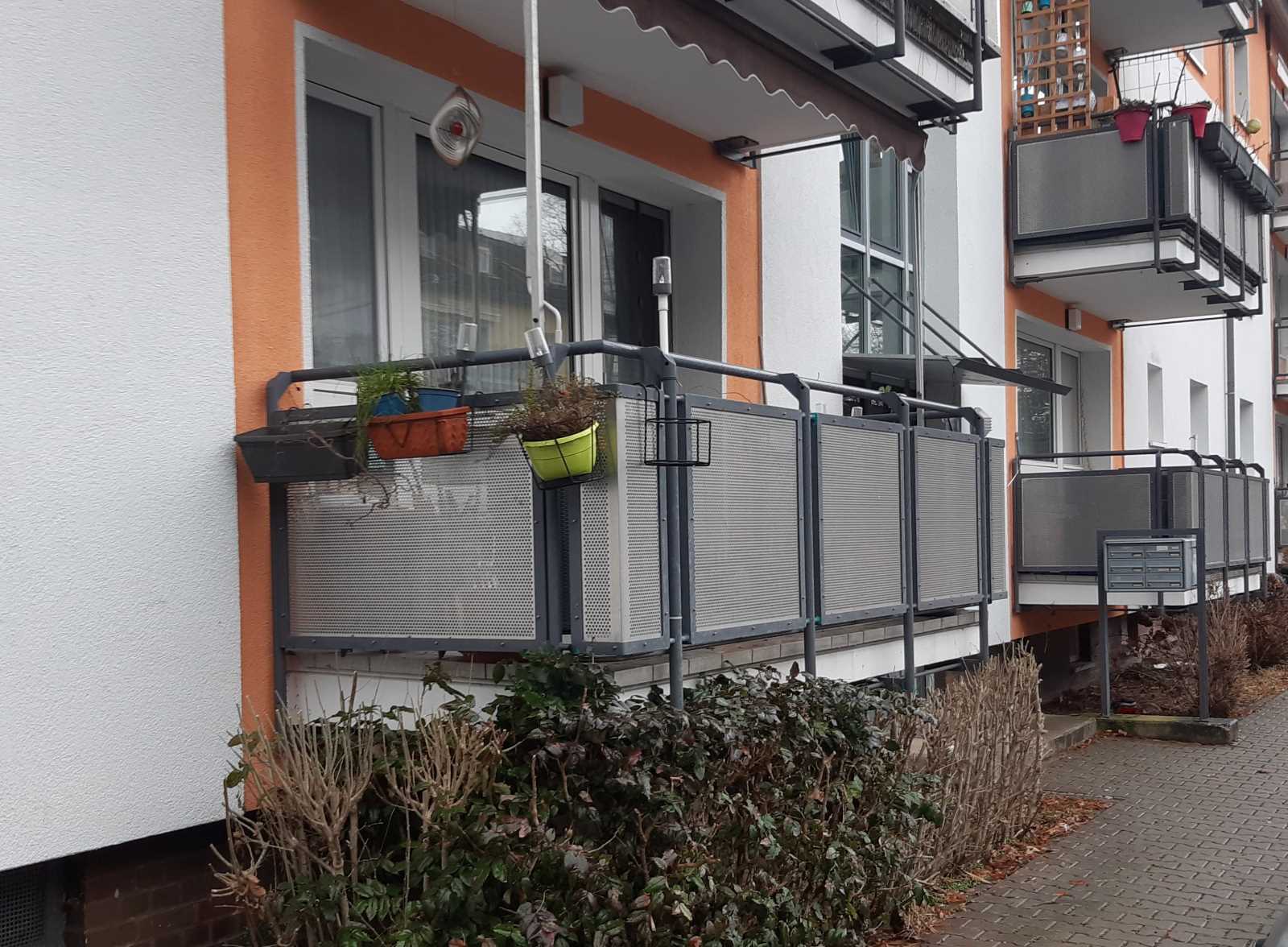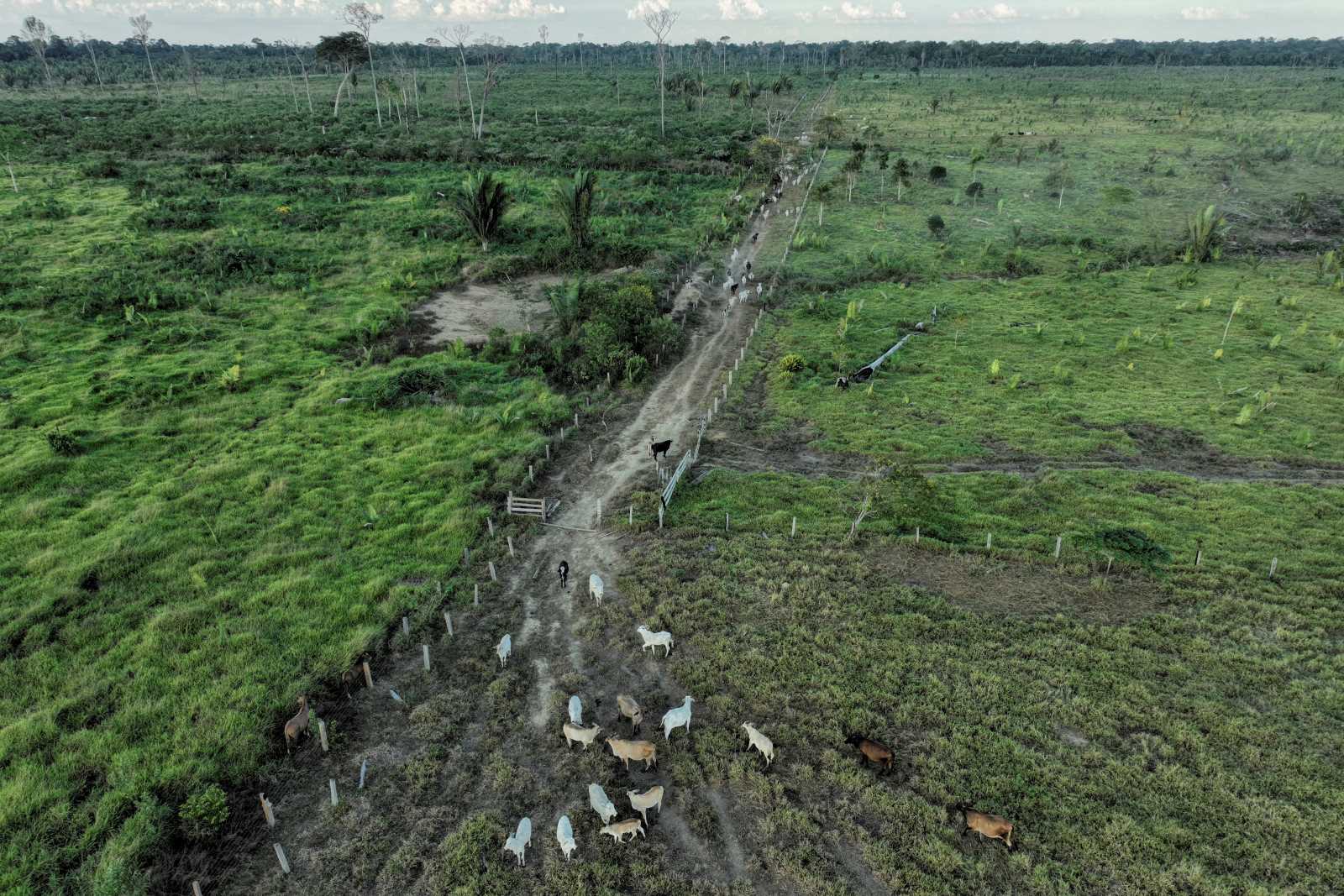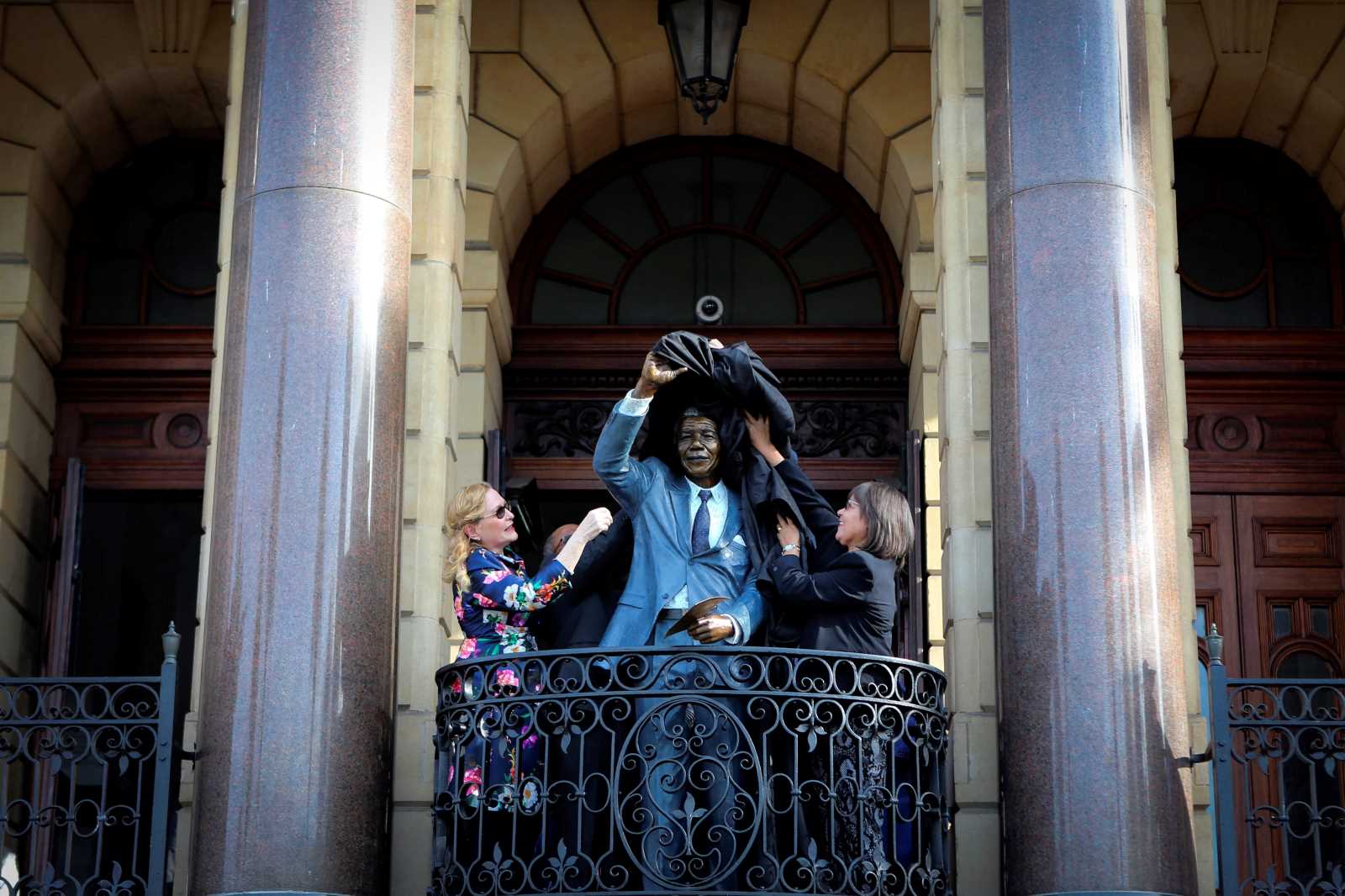Brazil
Brazil’s colonial legacies and current challenges
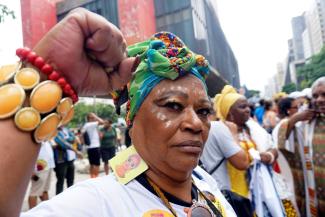
While Brazil has been politically independent since 1822, it has been a colony since the early 1500s. This means that Brazil has been much longer under colonial rule than it has been an independent state.
The most harmful and lasting legacy of colonialism is undoubtedly slavery. For about 350 years, black Africans were brought to colonial Brazil to work on sugar, cotton and coffee plantations as well as in gold mining. Brazil was probably the largest slave colony in history. It became the last country in the western hemisphere to abolish slavery, in 1888.
Slavery has left lasting effects on Brazil’s social, economic and racial inequality. The country usually ranks high up in world inequality rankings based on indicators such as the Gini Coefficient. Oligarchies continue to capture the state, shaping laws and diverting resources, even under recent left-leaning governments, including the current administration led by Luiz Inácio Lula da Silva.
Black people are disadvantaged in Brazil
Though Brazil never institutionalised racism through laws like South Africa or the US, and despite myths of Portuguese “benevolent” slave owners and of a “Brazilian racial democracy”, black people remain underrepresented in political and corporate leadership, elite schools and high-paying jobs. On average, they have lower levels of education and earn less than white people in similar roles. Socio-economic data and research make it clear that structural racism persists, and it cannot be understood without recognising the legacy of slavery.
The experiences of South Africa and the US underscore the difficulty of overcoming racism in this day and age. In these countries, racism was inherited not just by slavery but also decades of Apartheid and Jim Crow regimes, respectively. The term Jim Crow laws refers to laws enforcing racial segregation in the southern states of the US between the late 19th century and the 1960s.
Economic consequences of inequality
Economic historians have attributed Latin America’s slower development, in particular compared to the US and Canada, to inequality. A common focus is the comparison between Brazil and the US – two large colonies in the Americas that followed different development paths. In the northeastern US, small landholders settled to create new homes in America, while Brazil and the southern US were occupied by large plantations based on slave labour and aimed at exploiting the land.
Inequality produces all sorts of detrimental effects, undermining not just economic growth by keeping productivity low, but also weakening democracy, as long noted by Alexis de Tocqueville in the 19th century. Brazil’s illiberal democracy, marked by clientelism and relations of patronage, reflects these dynamics. It has not led to the expected social change. Indeed, inequality in Brazil persists even in times of democratic consolidation and economic growth.
Finally, inequality has also been linked to crime. Large areas of major cities such as Rio de Janeiro are in fact controlled by drug dealing factions and armed militias. This situation poses significant threats to democracy at the local level. More recently, illegal gold miners, loggers and land squatters linked to organised crime are increasingly targeting the Amazon rainforest. Beyond political, economic and social consequences, colonialism has also negatively affected environmental issues in Brazil.
Towards more sustainable policies
Recognising the enduring and deeply rooted colonial legacies in contemporary Brazil should not result in inaction. Instead, it should serve to promote a deeper understanding of the root causes of the country’s patterns of inequality and environmental degradation. On this basis, appropriate policies can be designed and implemented.
The urgent need to address the climate crisis in Brazil presents an opportunity to challenge powerful economic interests and outdated narratives of progress which prevent the adoption of fairer and more sustainable models of development. In the more comprehensive meaning of the term, adopted by the international community, “sustainability” is not limited to the environment but also has social and economic dimensions.
The destruction of the Amazon affects the frequency and intensity of rains and thereby Brazil’s agricultural production, while droughts are reducing hydroelectric production, and floods cause massive human displacement. The need for a new development paradigm has never been clearer.
André de Mello e Souza is an economist at Ipea (Instituto de Pesquisa Econômica Aplicada), a federal think tank in Brazil.
Twitter/X: @A_MelloeSouza

